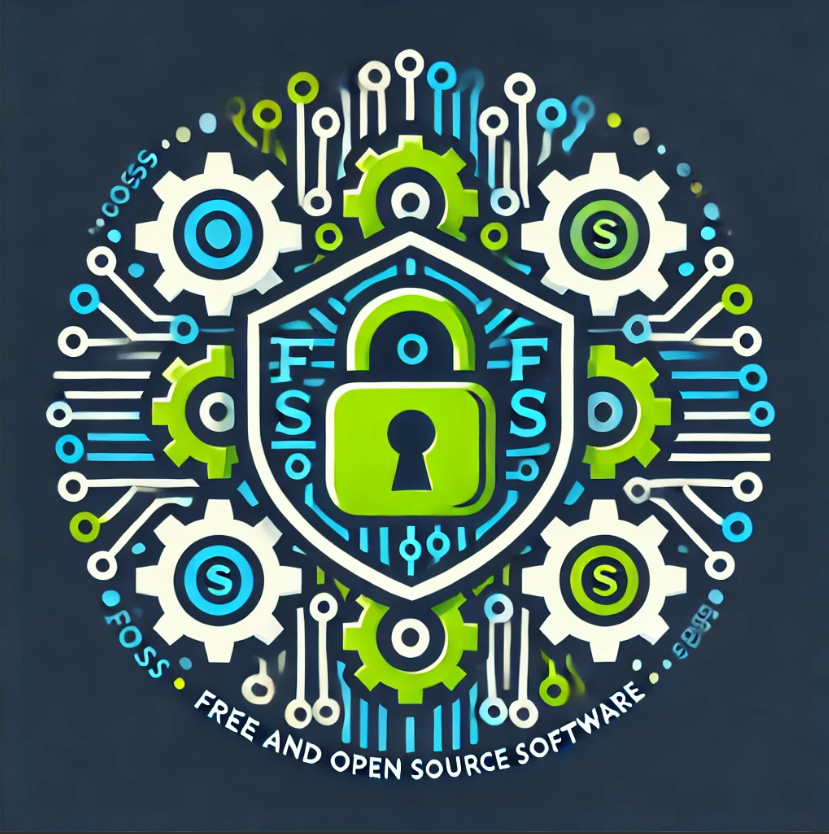For me, it’s obviously Linux.
But after that, it has to be Haskell.
ntpd. The internet wouldn’t run without it.
I’m between Krita, Godot and Inkscape.
I’d say Aegis (2FA) has to be #1 for me. It just does everything perfectly.
After that the combo of logseq + syncthing is pretty deadly
Zim. While simple in theory, it opened up another dimension in computing for me with regards to information management.
I’ve got such a soft spot for Plan 9, I just think it’s neat
GNU
curl/libcurl
I like ReVanced, don’t know if that counts but they’re on github. I save so much time and money by skipping ads and getting music for free
Raspberry Pi, RISC-V, and Internet-In-A-Box.
Home Assistant
This one makes me laugh.
The Home-Assistant project leadership in particular demonstrates a concerning pattern of autocratic governance that, at best, fundamentally undermines FOSS community principles.
Their systematic rejection of well-researched and proven architectural proposals aimed at configuration determinism reflects a troubling disconnect from modern development practices. The leadership’s approach to open source principles appears performative rather than substantive, as evidenced by their antagonistic stance toward nix community initiatives designed to reduce technical debt - initiatives the leadership dismissed without even the most cursory technical evaluation.
Drawing parallels to other prominent open source projects’ resistance to modernization, the leadership’s insistence on maintaining outdated development methodologies despite the platform’s ubiquitous role in home automation infrastructure raises serious questions about project sustainability. Home-assistant’s steadfast rejection of contemporary software engineering practices suggests a concerning prioritization of personal preferences over ecosystem stability and intentional actions made to stimy community influence.
The python/scipy/numpy computing stack
Gecko-based browsers or FileZilla








